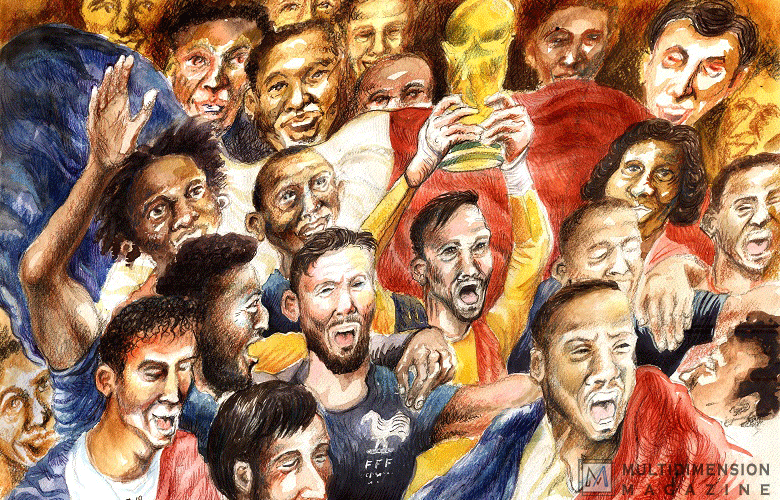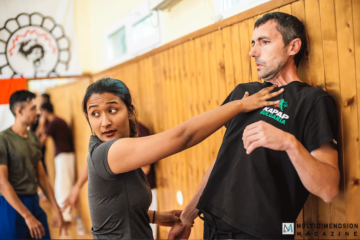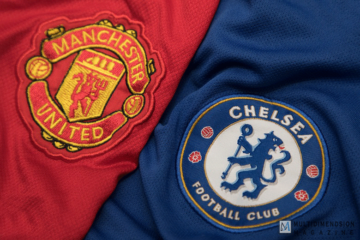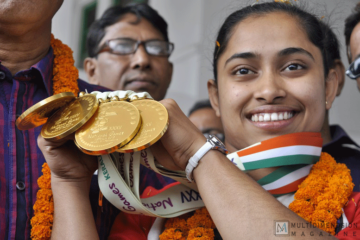Written By Somrita Bhattacharyya
Illustration: Arghya Manna
15th July 2018. 9 PM. La Défense train station in Paris. A joyously tired crowd is heading back home after the magnificent victory of France in the Football World Cup 2018. ‘Allez Les Bleus’ slogan cascades through the air like a wave.
“Why should we shout ‘Allez Les Bleus’? Our slogan should be ‘Allez Les Noirs’! They don’t want us; they don’t include us, why should we celebrate the victory of the Blues then?”- a voice revolts, in the shadowy railway station of a mid-July late evening. It was the voice of an Afro-French middle-aged man waiting in the station to catch the train to Versailles. Before the train arrived, his voice was subdued by the mockery of his fellow countrymen and some more ‘Allez Les Bleus’ slogans. But the voice didn’t die. Throughout the World Cup season, even one week after the victory, the voice was alive and is still alive in every corner of the earth. It is alive in the streets of Paris, in hundreds of news articles and videos across global internet, in the speech of ex-American President or in the television show of Trevor Noah. The voice sometimes is celebrating diversity, and sometimes is turning out to be a voice of discrimination blurring the thin but strong line between the two ideas.
There is no prize for guessing that the diversity of the recent World Cup winning French national football team is creating all these trembles. Yes, the diversity is quite fascinating, having Kylian Mbappé of Cameroon-Algerian origin, Paul Pogba of Guinean origin, N’Golo Kanté of Mali origin, Ousmane Dembélé of Mauritanian-Senegalese-Mali origin, Samuel Umtiti (born in Cameroon), Nabil Fekir of Algerian origin, Blaise Matuidi of Angolan-Congolese origin, Adil Rami of Moroccan origin, Corentin Tolisso of West African origin, Steven Nzonzi of Congolese origin from father’s side etc. Statistics say, almost 17 out of 23 football players of this 2018 French Football team are migrants or children of migrants. So, on one hand, this win is a win of diverse culture, race, colour, community, on the other hand, it’s a victory of the uniqueness.
This celebration of diversity resonated in the speech of ex-US President Barack Obama on the occasion of the birth centenary of the revolutionary South African leader Nelson Mandela. Obama repeated the thought of Mandela that political division based on colour is entirely artificial and if humans can embrace this integrity in diversity over colour, race, religion or sexual orientation then that can deliver practical benefits. Obama then reminded the listeners in his inimitable style and allegory that even though a majority of the footballers of the World Cup winning French national Football team are originally from other countries, but they are French, that’s their identity!
While ex-US president advocated the ‘French-ness’ of all these footballers, American TV presenter Trevor Noah invited controversy by congratulating Africa on winning the 2018 Men’s World Cup, as most of the players of the team were from African origin. The French government didn’t take this statement in a very pleasant way. Gerard Araud, the French Ambassador to the United States, criticized Noah for his act by writing a letter to him. Trevor Noah also responded back to that letter by saying that he didn’t take those players’ ‘French-ness’ away, but he also didn’t think that he needed to take their ‘African-ness’ away as Noah is also an Afro-American and he proudly declares that. Therefore, Noah attacks the ‘French’ idea of nationality, identity and inclusiveness in his response.
And here comes that thin-line contrast between diversity and discrimination. Noah mentioned in his response that in the United States of America one can live with dual identity. One can celebrate their origin too along with their ‘American-ness’ there. That might be purely psychological dual existence, but at some point of time, that independence of being in two places at the same time satisfies one’s individual expression.
All these footballers are French by language, and definitely by their present living country. Now, whether they consider themselves true French or African-French or originally African, that absolutely depends on their individual idea of nationality. ‘Unity in diversity’ is a very complicated concept and with a minor ambiguity it can give birth to a major discrimination. But these champion players of the World Cup winning football team are united by a clear aspect and that is their identities as sportsmen or footballers. There shouldn’t be any ambiguity or discrimination in that religion whatsoever!




